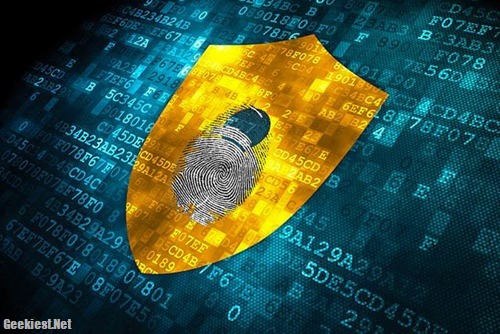
Imagine if your refrigerator was smart; the fridges of the future can analyze their contents, help you build a shopping list, and even order groceries on your behalf. What’s more? The IoT (Internet of Things) will make it possible for you to control the fridge from anywhere in the world. Now, imagine if that technology was hacked. The analytics go haywire; your fridge begins dispensing ice when there’s no one there to collect it, and your shopping list consists of only liver and onions.
Not good, right?
Security gaps are a threat to all Internet-connected devices, but IoT devices have even weaker security capabilities, and it’s difficult to patch them. In September 2015, the FBI issued a PSA that warned of the potential for high-risk security threats when using integrated devices; despite this, little has been done to protect IoT devices from hacking attempts. For the general population to remain safe in the face of these new cybersecurity threats, users will need to proactively engage in their own security efforts, such as cloud security and around-the-clock malware and virus monitoring.
The future promises so many more IoT devices, including amazing new smart home technologies and furniture and appliances that can communicate and work in tandem with each other. Imagine a fridge that is slot-connected to an oven so that you can come home to a delicious pizza already baking. To keep you and your personal property safe, it’s essential to highlight the dangers of the IoT. The following takes a look at how hackers are exploiting IoT devices already available to the public, and you can use this information to make informed decisions about IoT devices, including what security risks they pose to you and your loved ones.
Bluetooth Smart Door Locks
Security companies have been hopping on the Smart Home bandwagon for some years now, but are smart homes more secure than traditional home security? Smart locks are gearing up to replace traditional lock and keys; although, there’s still a place to insert a key in the event of a power outage, a smart lock is more conveniently opened with a wireless signal sent from a connected device, such as a smartphone or key fob.
Unfortunately, Bluetooth smart locks come with plenty of vulnerabilities. Security expert Geoffrey Vaughan warned CBC News that it was not easy to patch their firmware. Moreover, updating them has the potential to ruin them. In reality, a smart lock is more of a convenience than a security feature; although, they’re often marketed as more secure than traditional locks. At best, their encryption is low-level, and the fact that they can be hacked creates “another attack venue for an attacker to break into your home.”
Voice-Enabled Control Devices
Amazon Echo is a great example of an IoT device that makes life easier. It’s a hands-free speaker that you control with your voice to connect to music, news, sports, and more. Beyond that, it can be used to control smart lighting, thermostats, and so much more. If a hacker were able to attack your voice-enabled control device, what would that imply?
Could the hacker do more than play obnoxious music and turn up the heat? Yes, a lot more… A California developer has proven that hacking these devices can have serious consequences. Jason Goecke was able to hack his Amazon Echo and command it to pull his Tesla Model S out of the garage. In short, these devices have the potential to put your car in the hands of would-be car thieves.
The secret to stopping hackers from exploiting the inefficiencies and vulnerabilities of your IoT devices is advanced cybersecurity. Only purchase products from trusted sellers with a history of attention to security. And, whenever possible, encrypt your own devices, your network, the cloud, and anything else that may protect you. And, remember: it’s never a good idea to leave your IoT devices unattended around people you don’t fully trust.
That being said, there’s no doubt the IoT will make everyday items smarter, and therefore more efficient and valuable. The IoT is still worthwhile, even if it’s not necessarily safe at this junction. With diligence and attention to the issue, IoT can be safer than it is right now.